Fox News Flash top headlines for December 1
Fox News Flash top headlines are here. Check out what's clicking on Foxnews.com.
Charles Cullen is believed to be one of the most prolific serial killers in American history – and it was his former pal Amy Loughren who helped take him down.
The 62-year-old admitted to killing 29 people from 1988 to 2003. Cullen, who had a history of mental illness, worked in nine hospitals and one nursing home. It is speculated that he may have murdered more than 300 patients while working as a nurse in New Jersey and Pennsylvania.
Cullen was the subject of a scripted drama premiered by Netflix on Oct. 26 titled "The Good Nurse," which was based on the bestselling 2013 book by Charles Graeber. It starred Eddie Redmayne as Cullen and Jessica Chastain as Loughren.
Now, the streaming giant has recently unveiled the true-crime doc by Emmy-nominated director Tim Travers titled "Capturing the Killer Nurse," which explores Cullen’s hidden spree of horrific slayings. It features audio from Cullen himself, as well as emotional sit-downs from family members of the victims, the detectives behind the investigation, as well as Loughren, the whistleblower of the case.
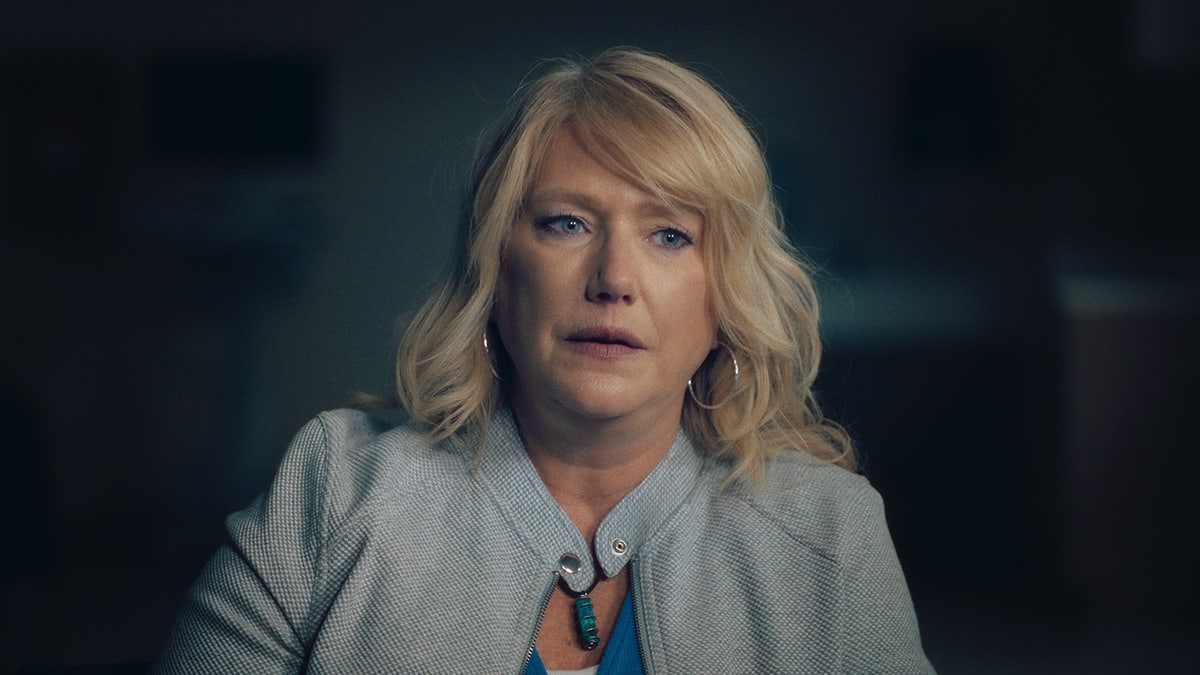
Amy Loughren recalled befriending ICU nurse Charlie Cullen while they worked together at Somerset Medical Center in New Jersey. (Netflix)
"Knowing that Netflix wanted to tell the real story and not just the Hollywood story made me very excited," Loughren told Fox News Digital. "I felt it was very important to make sure that the victims and the victims’ families had a voice. That was the most important thing for me."
Loughren was a single mother of two when she started working as a nurse in the intensive care unit at New Jersey’s Somerset Medical Center sometime around 2000. She also worked as a trauma and ER nurse. It was there where she met and befriended Cullen as they worked together.
"Charlie was funny," she recalled. "He was very sarcastic. He was always very self-deprecating. He would turn everything back on himself and make a joke about it. He was also brilliant and knew more about medications than any pharmacist I had ever met. He really understood policies and procedures. I trusted him more than any other nurse that I worked with."
"Of course, all nurses are well-versed in medications," she continued. "However, even after 35 years of being a nurse, I still look up medications… We had our little physician’s desk reference that talked about all the side effects and adverse reactions to medications. And looking up medications is a safety procedure we have. But Charlie always seemed to know them all right off the top of his head."
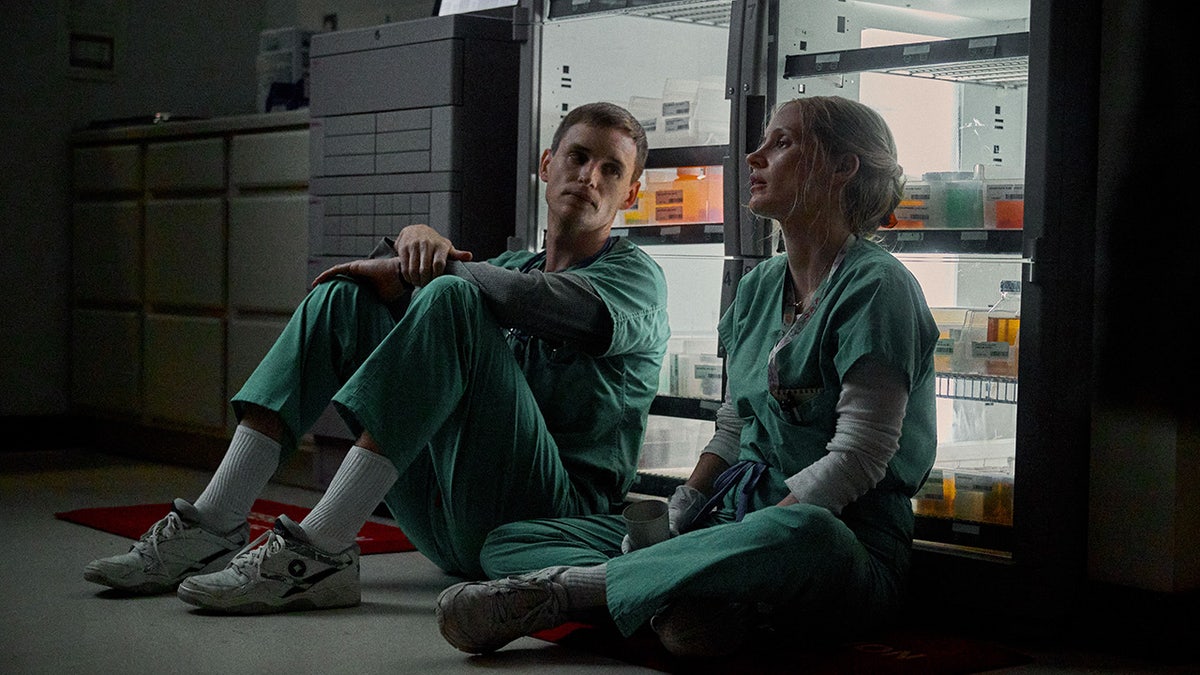
From left: Eddie Redmayne as Charlie Cullen and Jessica Chastain as Amy Loughren in the Netflix scripted film ‘The Good Nurse'. (Netflix)
Loughren confided in Cullen that she was suffering from cardiomyopathy, a condition that impacts the heart muscle. During days when she became faint, it was Cullen who quietly stepped in to help.
"He felt more like somebody who was dealing with depression," she recalled. "He didn’t seem to hide that. I believe what I was drawn to was the fact that he was shy and quiet. He wasn’t as social as the other nurses. He didn’t come and hang out at the nurses' station with us. He would occasionally, but for the most part, it was me seeking him out. We worked together, we would turn patients together. We would talk about our personal lives while we were doing our jobs."
It would not be until 2003 when Loughren was approached by investigators who were suspicious of the number of deaths at Somerset that were connected to Cullen. Rev. Florian J. Gall was being treated at the facility and was showing signs of improvement when he suddenly died.
At first, Loughren was taken aback that Cullen could somehow be involved. But then she was shown a record of dosing information of drugs that her colleague had withdrawn while on duty in the ICU. Loughren quickly realized something was not right.
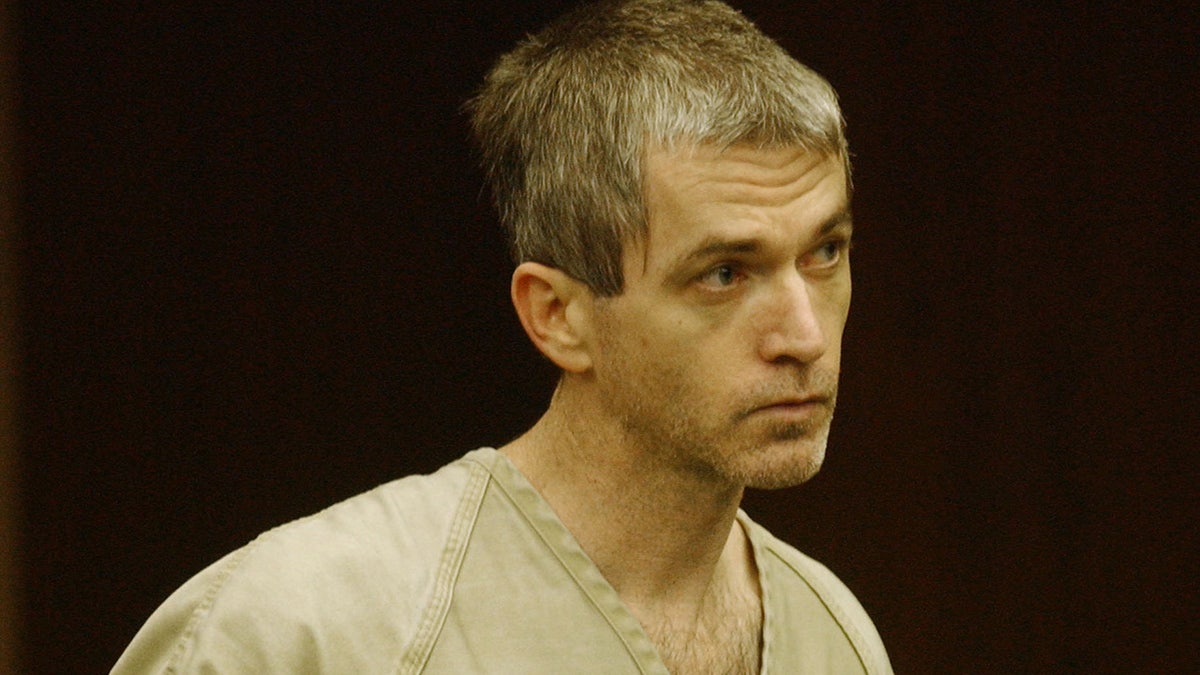
Charles Cullen from Bethlehem, Pennsylvania, had a history of mental illness. (Photo by John Wheeler/Getty Images)
"When I found out he was fired, I was so upset," she explained. "I felt he was such a good nurse and if he could be fired, all of us could be fired. It sent a shockwave of fear through everyone. We were a team effort on our floor and he was our strongest teammate. When I called him to talk about it, he kept saying how confused he was… But when I was in that questioning room, the lead investigator took an opportunity when my representative left the room to give me some papers. It showed evidence of Charlie’s activity with specific medications. It was so clear from those entries that something sinister was going on."
It was at that moment Loughren realized she needed to help the investigators stop Cullen before more patients were hurt. She then secretly began working with a team of detectives and an assistant prosecutor on the case.
"I was very sick at the time and there was talk about having to have a heart transplant," she said. "I could have decreased my stress and maybe just stay behind the scenes. But I realized that if these were my last days and I did not help put away this serial killer, then I wasn’t who I believed myself to be. And when I became a nurse, I swore to protect those patients. And I had failed in that. I wanted to make it right. That’s what gave me the courage because those patients were at their most vulnerable. It was my job to keep them safe and I didn’t."
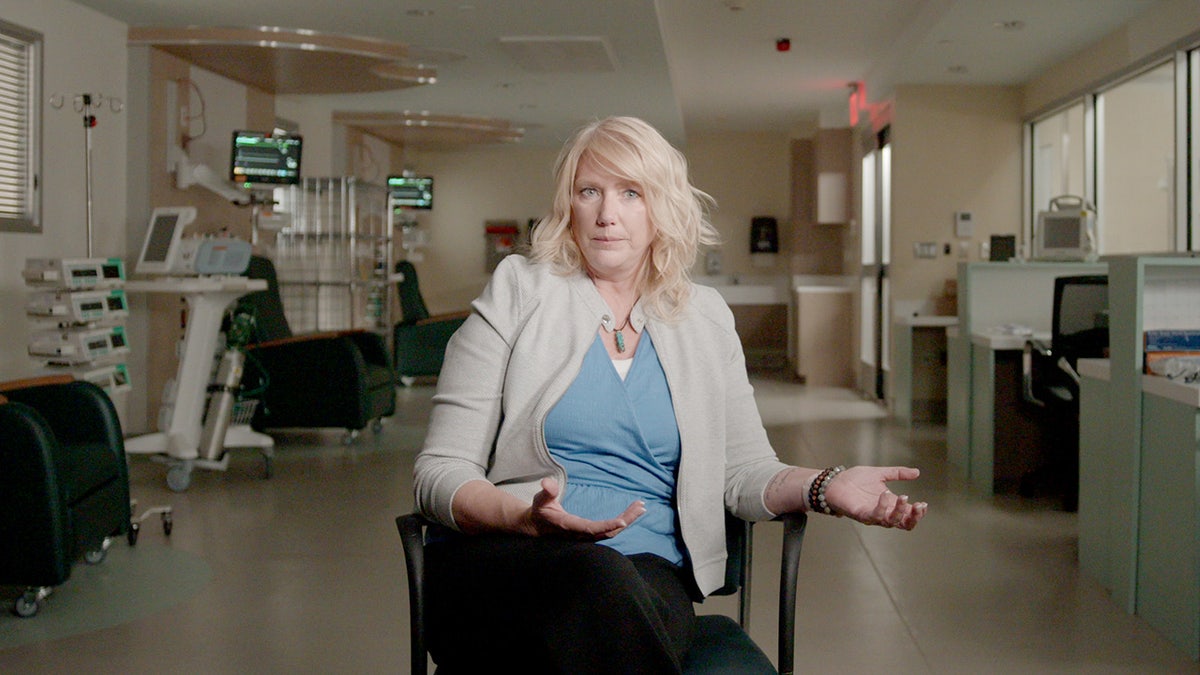
Amy Loughren said the memory of walking into Charles Cullen injecting a patient still haunts her. (Netflix)
In the documentary, Loughren said she suddenly had a flashback of walking into Cullen injecting a patient. At the time, she didn’t realize he was committing murder.
"I had so much guilt because I saw that moment," she tearfully said. "Perhaps I could have stopped him… Obviously, I did not know what was really going on. But I made a pact that I would do anything to make certain that he would never harm another patient."
Loughren agreed to wear a wire and meet Cullen at a local restaurant. As detectives waited outside, she confronted Cullen about all the deaths in the hospital that were somehow connected to him. She even offered to accompany him to the police station where he could turn himself in.
"He suddenly became so smug and proud," she said. "There was a darkness to him. The confusion I first heard in his voice was gone. This was no longer my friend Charlie. His posture, the way he communicated, his voice - it all changed. Even the color of his eyes seemed to change. Then I realized it was over. It was finally over."
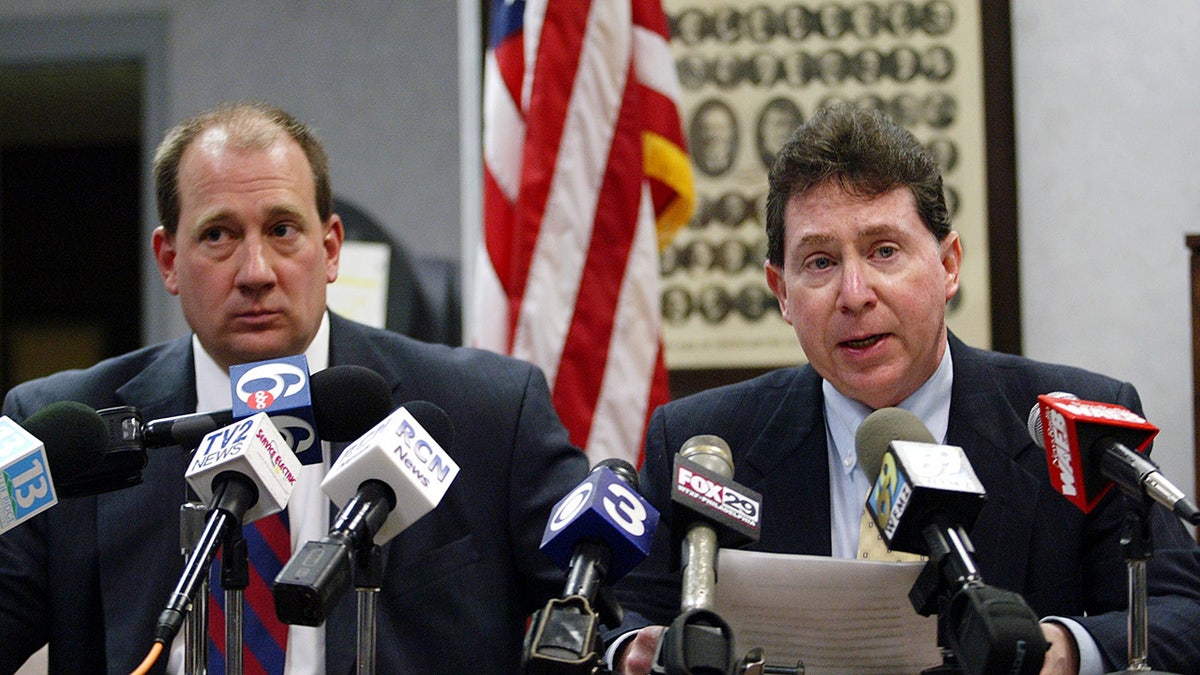
Northhampton County Coroner Zachery Lysek, left, and District Attorney John Morganelli talk about charges against nurse Charles Cullen, "The Angel of Death," who admitted using a syringe filled with stolen digoxin to kill dozens of patients as they lay in their beds at St. Luke's Hospital in Bethlehem, Pennsylvania. (Photo by Ron Antonelli/NY Daily News Archive/Getty Images)
Cullen was finally caught after killing 13 patients in less than a year. He was arrested and pleaded guilty to killing 29 patients and the attempted murder of six more. In 2006, he was sentenced to 18 consecutive life terms. Cullen claimed that he committed his crimes to ease the suffering of his patients. Loughren said Cullen is only sorry he was caught.
"I wanted to believe he was a mercy killer," she said. "I wanted to believe so badly that my friend Charlie just wanted to put people out of their misery. But the patients he chose were better. Many of them had their discharge papers ready. Many of them were already on the road to recovery. They were going to be transferred out. Some of them were very young and were definitely going to survive."
"And then I saw the medications he chose," she continued. "There are hundreds of medications he could have given these patients just to help them fall asleep and go off into nothingness, never waking up again peacefully. Instead, he chose medications that were brutal. He chose medications that would terrorize patients… I do not believe he is sorry at all."
Cullen often volunteered to work the night shift, which Loughren said was "very hard to fill and keep people in." During late hours, he would sneak into the rooms of his unsuspecting patients and inject them with lethal doses of drugs. His go-to was digoxin, which is used to regulate heart rhythm.
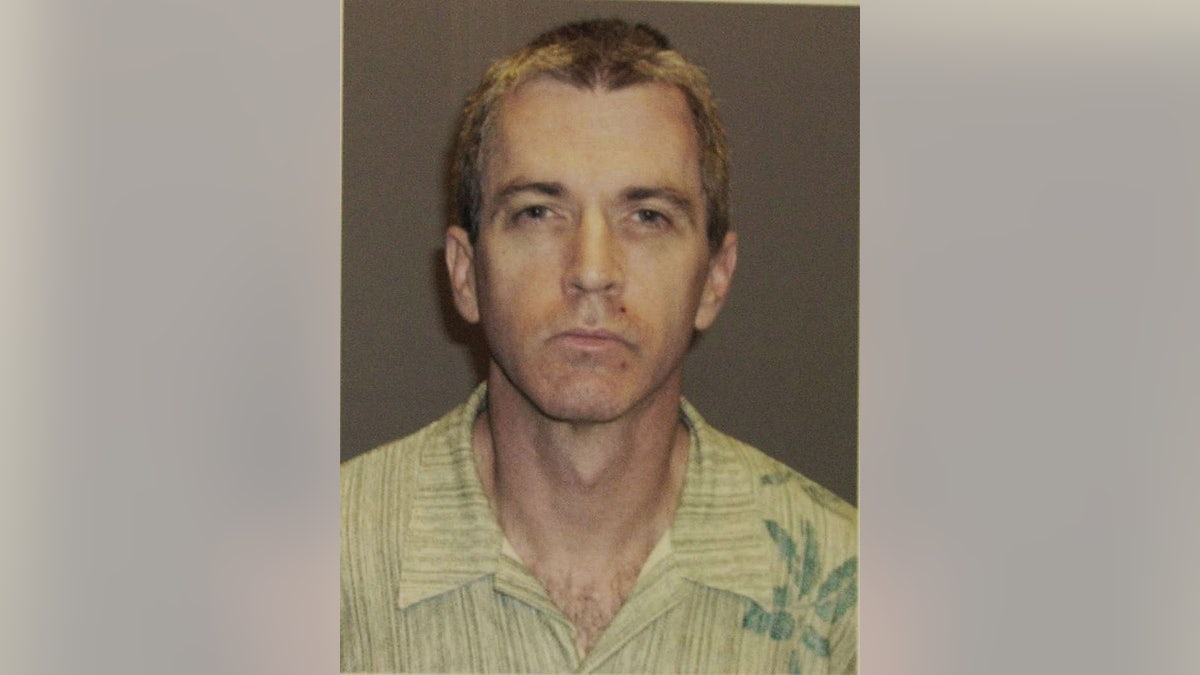
Charles Cullen pleaded guilty to killing 29 people over a span of 16 years. (Getty Images)
Following Cullen’s confession, Somerset Medical Center, as well as other New Jersey hospitals, supported the passing of the "Cullen Law." It requires healthcare providers to report to the state "any employee’s impairment, incompetence or misconduct that could affect patient safety," the documentary noted. It also requires those reports to be disclosed to potential employers.
JOHN WAYNE GACY'S VICTIMS CAN STILL BE IDENTIFIED, NETFLIX FILMMAKER SAYS: 'GAVE ME CHILLS'
Loughren retired about a year and a half ago, noting that some of her health challenges have returned.
"I was a confidential informant," she said. "I didn’t think anyone would ever know my name. But I couldn’t sit back. We needed justice. We needed good over evil."











































